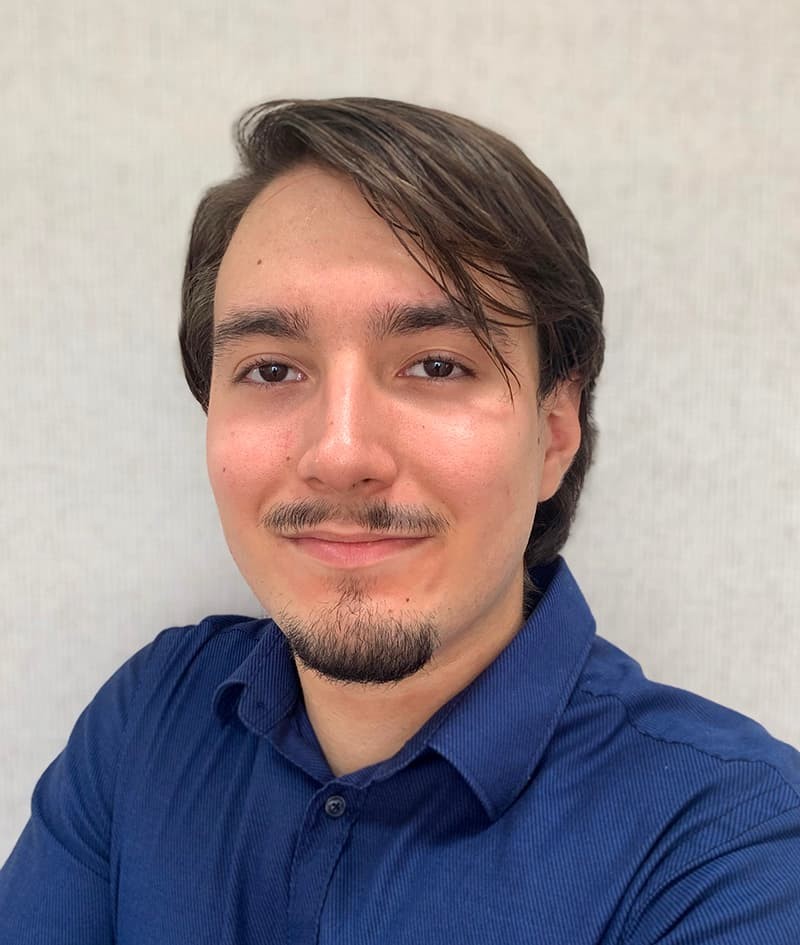Alberto Cabrera '21

Alberto Cabrera
To and From Puerto Rico, with Love
There’s a famous saying in Puerto Rico that refers to flying to the US and back to the island, “la guagua aerea” or the flying bus in English. In my four years at BC, this saying has become an experience and a reality that I get to witness every winter and summer break. Every flight is packed by Puerto Ricans. I’ve met teachers, students, doctors, cooks, and people just visiting family members. Puerto Ricans of all walks of life are in constant movement between the island and the mainland, seeking opportunities, and taking care of their families. This is not a new phenomenon. Dating back to the 1930s, Puerto Rican “immigration” has been continuous and massive. In fact, the population of Puerto Ricans in the mainland doubles the population on the island. It has become an essential feature of the colonial reality of Puerto Rico.
When I was growing up in Puerto Rico, it had always been a normal feature of life to see family members and friends move away from the island. This should be a normal feature in any other state, of course. But it is not in Puerto Rico due to the complicated colonial status that has prevailed for over a century. Puerto Rico historically developed a strong sense of national identity in the absence of a nation-state, unabated by the fact that it has been under the control of two separate nations, Spain and then the United States starting in 1898. As an unincorporated territory of the US, Puerto Rico was able to attain a certain degree of autonomy, but only under the direct rule of Congress. This has been the essential defining feature of Puerto Rican political life. This treatment has created a sense of otherness between the island and the US, which has been exacerbated by the late response of the federal government in assisting the island post-Hurricane María. This political arrangement is also what has enabled cultural nationalism to persist on the island, with the island’s authorities institutionalizing Puerto Rican culture through public entities such as the Institute of Puerto Rican Culture. It is this realm where Puerto Rico has asserted total sovereignty in the absence of political sovereignty.
This unequal relationship sees those born in Puerto Rico afforded U.S. citizenship, but no vote in US Presidential elections. Despite having a population of over 3 million, surpassing nearly half of all U.S. states, Puerto Rico has only a single non-voting member in Congress. So while the local government has a bicameral legislature, the island is ultimately governed by entities - the U.S. President and Congress - that it has no say in electing. In this context, Puerto Rico has struggled to find stable footing, without true local sovereignty nor with equal representation in Congress. More so, local governments in Puerto Rico have only sustained the economy by seeking tax incentives in Congress rather than creating an economy that is sustainable for local businesses. These incentives have in turn made the island’s economy a captive market for US products and corporations to get profits and not reinvest on the island. These conditions have accelerated the human capital flight that has afflicted the island. This is why growing up my parents sacrificed themselves and motivated me to come to the US for college, because with every year opportunities seem to leave the island as well, in that “guagua aerea.”
In this upcoming election, there’s a non-bonding question on Statehood. With the options being Yes or No, the Department of Justice of the United States has already determined that the result of that election will not automatically give democratic credence to statehood because it excludes other options such as independence & the current territorial status. With more and more Puerto Ricans leaping across the pond, it is evident that the current territorial status is failing Puerto Ricans and forcing them to leave the land they call home. Puerto Rico will never fully recover until its political status arrives at a final solution. Until then, we will move in the “guagua aerea,” going from here to there, seeking a better life, and leaving behind those we love.
Alberto Cabrera '21
October 2020

